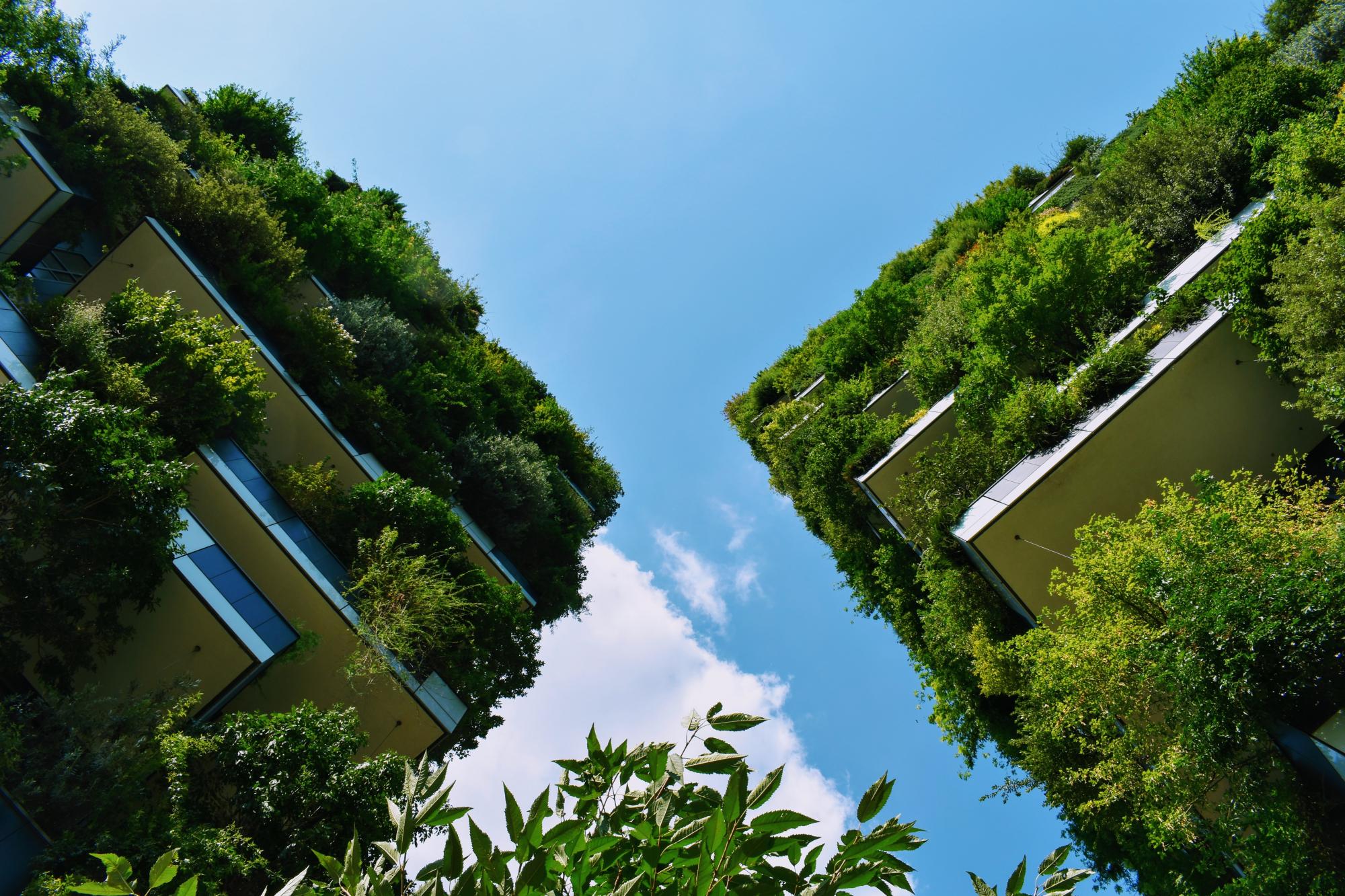Revitalizing Informal Settlements and their Environments (RISE) is one of the pilot projects carried out in the Batua neighbourhood (1.9 km2 area) of Makassar City (119 km2 area), province of South Sulawesi in Indonesia, which was commenced in 2017 and concluded in 2022 (1,2,3). Batua neighbourhood (six settlements of around 1,600 people) was the first demonstration site for this project which was completed in 2019 (3,4,5). The main challenge was that many households who lived in informal settlements lacked access to centralized urban infrastructure and faced threats from climate change (3,4). The project was proposed to reduce the impact of climate change on marginalized communities in Makassar by providing localized, water-sensitive interventions that addressed issues related to sanitation and water management (1,2,3,4). The introduction of water-sensitive solutions enabled targeted communities to recycle wastewater and rainwater, restore natural waterways, improve water quality, and reduce vulnerability to flooding (3,4). The RISE program initiative integrated nature-based solutions like wetland restoration, bio-filtration gardens (the process of using beneficial bacteria to clean water on a molecular level to remove contaminants), stormwater harvesting, filtration paths and new sanitation structures to improve wastewater management and diversify water resources through community-driven development (1,2,3,4).
Overview
Nature-based solution
- Blue infrastructure
- Coastal wetland, mangroves and salt marshes
- Community gardens and allotments
- Allotments
- Green areas for water management
- Rain gardens
- Sustainable urban drainage systems
- Grey infrastructure featuring greens
- Alley or street trees and other street vegetation
Key challenges
- Climate action for adaptation, resilience and mitigation (SDG 13)
- Climate change adaptation
- Green space, habitats and biodiversity (SDG 15)
- Green space creation and/or management
- Water management (SDG 6)
- Flood protection
- Stormwater and rainfall management and storage
- Improvements to water quality
- Health and well-being (SDG 3)
- Improving physical health
- Inclusive and effective governance (SDG 16)
- Inclusive governance
- Sustainable consumption and production (SDG 12)
- Sustainable production
Focus
Project objectives
Implementation activities
Climate-focused activities
Climate change adaptation:
- Restore wetlands and/or coastal ecosystems to dissipate the effects of flooding and/or storms
- Implement sustainable urban drainage infrastructure (e.g. to make space for water)
Main beneficiaries
- Citizens or community groups
- Marginalized groups: Socio-economically disadvantaged populations (e.g. low-income households, unemployed)
Governance
Management set-up
- Co-governance with government and non-government actors
Type of initiating organisation
- National government
- Local government/municipality
- Researchers/university
- Transnational network
Participatory approaches/ community involvement
- Co-planning (e.g. stakeholder workshops, focus groups, participatory mapping)
- Co-management/Joint management
Details on the roles of the organisations involved in the project
Project implemented in response to ...
Financing
Total cost
Source(s) of funding
- Public local authority budget
- Multilateral funds/international funding
- Private Foundation/Trust
Type of funding
- Earmarked public budget
- Direct funding (grants, subsidies, or self-financed projects by private entities)
Non-financial contribution
- Provision of land
- Provision of expertise
- Public authorities (e.g. land, utility services)
- Citizens (e.g. volunteering)
Impacts and Monitoring
Environmental impacts
- Environmental quality
- Improved waste management
- Water management and blue areas
- Increased protection against flooding
- Improved stormwater management
- Green space and habitat
- Increased green space area
- Increased number of species present
Economic impacts
- Stimulate development in deprived areas
Socio-cultural impacts
- Social justice and cohesion
- Increased involvement of locals in the management of green spaces
- Education
- Increased knowledge of locals about local nature
- Increased awareness of NBS and their benefits
Type of reported impacts
Presence of formal monitoring system
Presence of indicators used in reporting
Presence of monitoring/ evaluation reports
Availability of a web-based monitoring tool
References
2. Nature-based Solutions on the RISE in Makassar. Network Nature, available at Source link (accessed 01-03-2023)
3. Asian Development Bank. (2021). 100 Climate Actions from Cities in Asia and the Pacific. SPREP Virtual Library, Page 143, available at Source link (accessed 01-03-2023)
4. CRC for Water Sensitive Cities. (2018). RISE breaks ground in Makassar. Cooperative Research Centre for Water Sensitive Cities Ltd., available at Source link (accessed 01-03-2023)
5. RISE. (2019). Building Global Momentum. RISE Annual Activity Report 2019. Monash Sustainable Development Institute, available at Source link (accessed 01-03-2023)
6. Asian Development Bank. (2023). Regional: Revitalization of Informal Settlements and their Environments using a Water-Sensitive Approach. ADB, available at Source link (accessed 01-03-2023)
7. RISE (2021), Stronger together RISE Annual Activity Report 2021, available at Source link, (accessed 04-04-2023)
8. ADB, Slum-Upgrading Project Helps Reduce Poverty and Improve Livelihoods Across Indonesia, available at Source link (accessed 04-04-2023)





